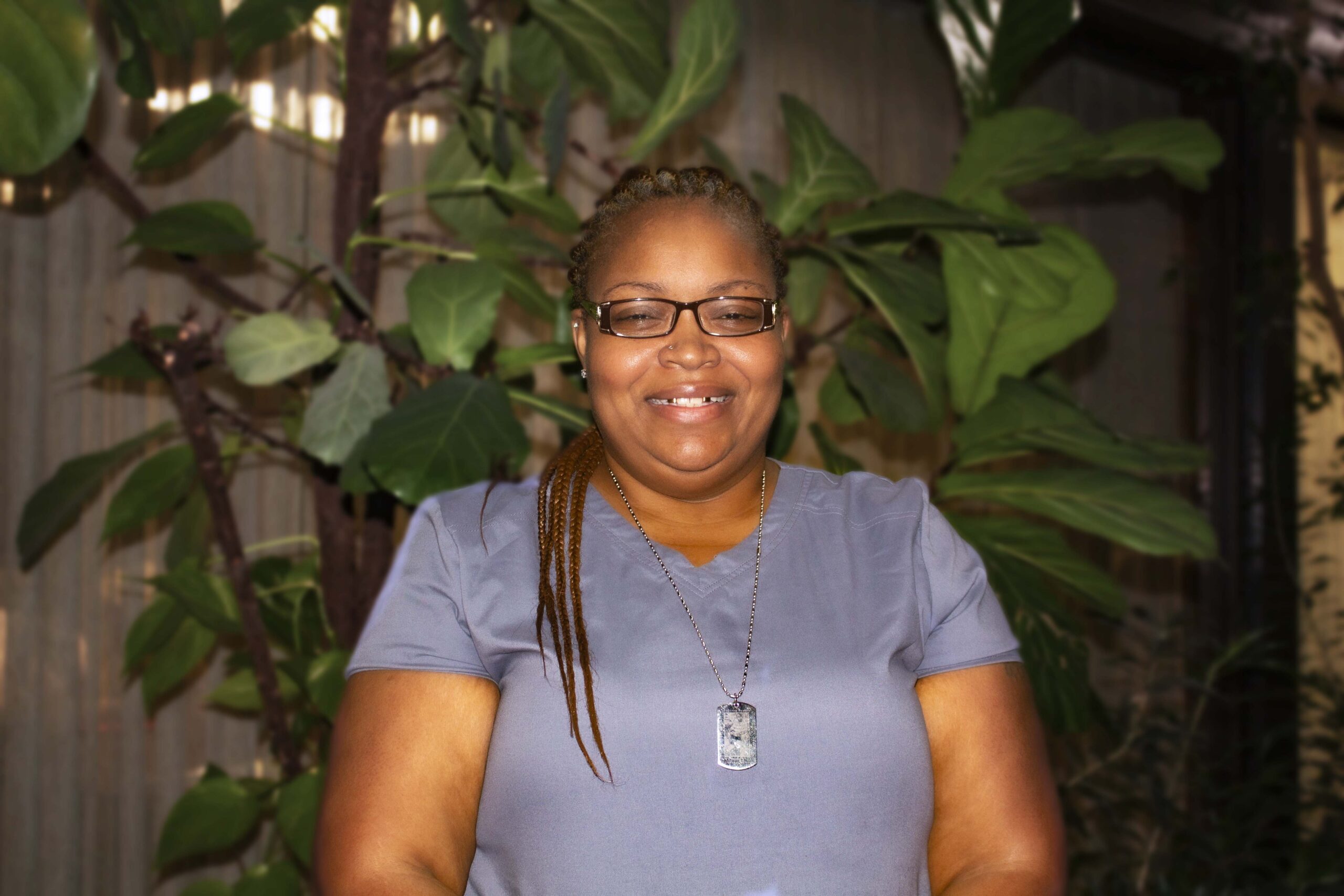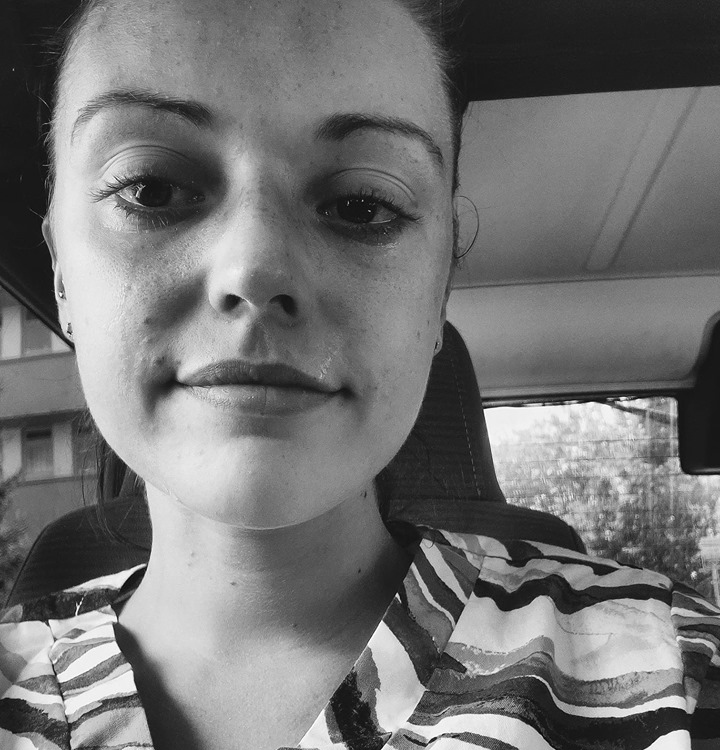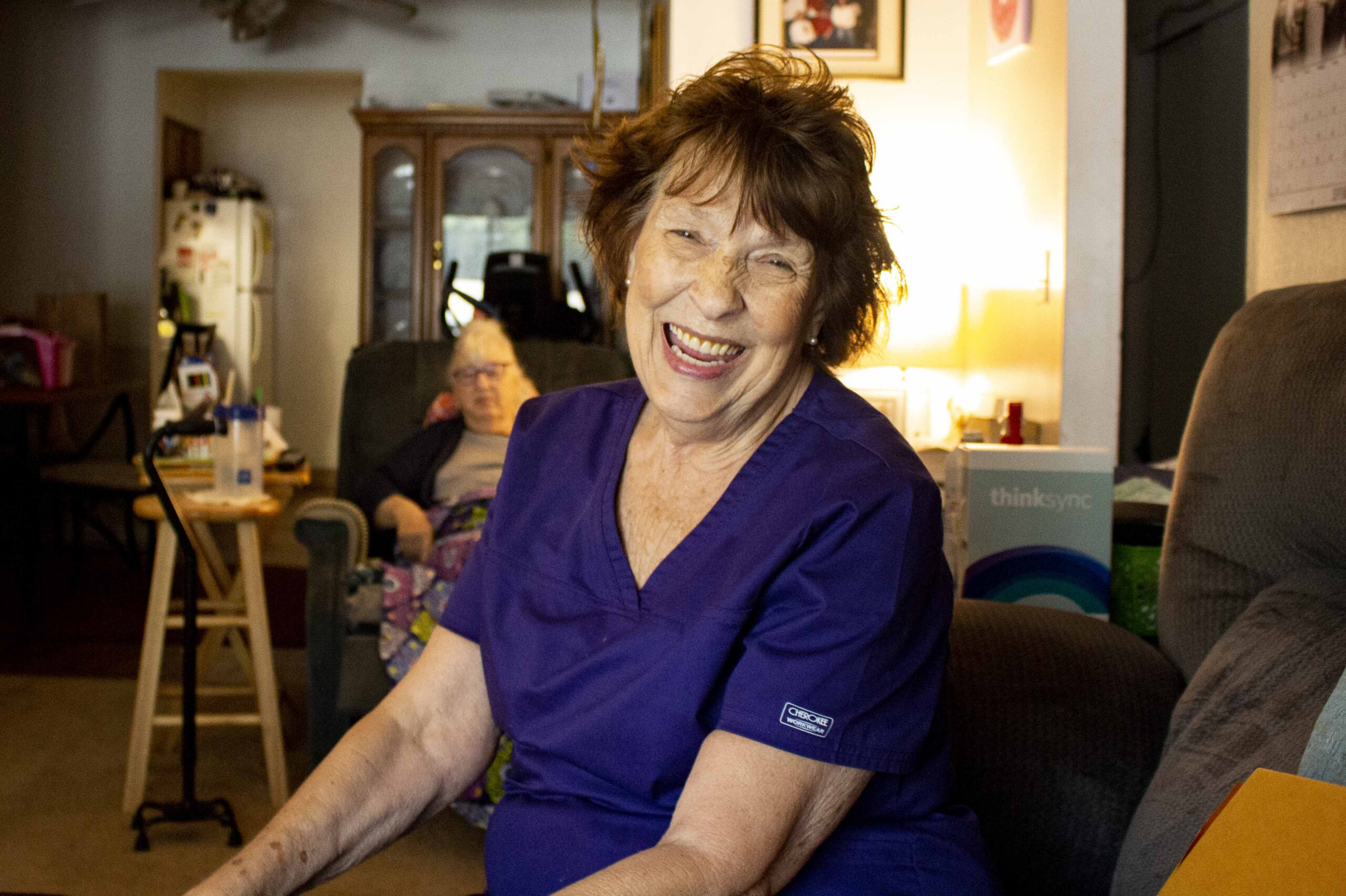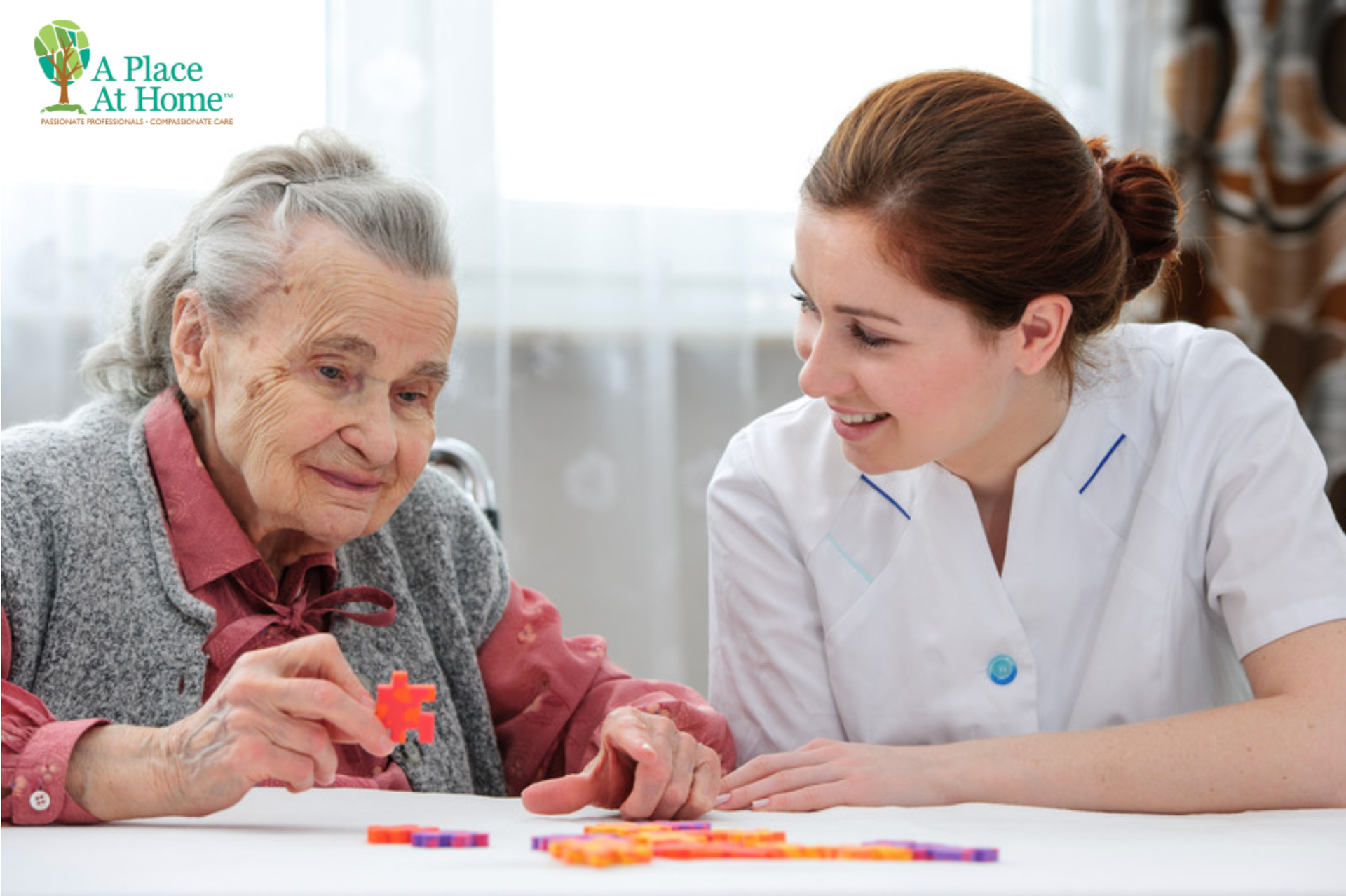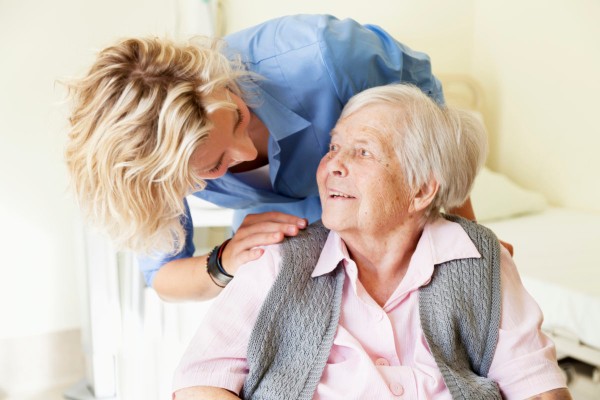Keva has been a caregiver for 22 years and landed in Nebraska after she and 19 of her family members were displaced by Hurricane Katrina in 2005.
In August of 2005, nearly 80% of New Orleans flooded after the levees failed during Hurricane Katrina. Keva Nero and her family found themselves displaced along with more than a million other people in the Gulf Coast region. Keva’s brother took in 20 family members, including Keva, while they found new housing and jobs in the area.
Keva originally wanted to be an RN, but after having her second child she decided to try out being a CNA first so she could learn more in the field before taking that next big step. What she found was a job she loved that has now lasted 22 years.
“I love it. I love working to help people. You get to meet new people and learn about their different needs. You learn more and more about different things and get more experience,” said Keva. While she attended Hamilton College to become a Medical Assistant, she found great interest in researching illnesses suffered by her family members so she could better serve them. This education has really advanced her knowledge and skills ultimately making her a better CNA today.
Keva’s approach to caregiving is to bring confidence back into the client’s life. Keva feels that if we keep feeding someone the message that they can’t do something anymore, then they’ll really believe they can’t. “A lot of them say they can’t and it just brings them down after being so independent for so long. It makes them feel good to get them involved where they can. Even if it’s just opening up the bread, let them do something,” Keva shared.
Keva was selected as Caregiver of the Month after APAH office staff received compliments raving about how well she was caring for one of the clients. They commended her for being intuitive to his needs, consistent and knowledgable. Keva said, “I’m warm-hearted and I love people whether you’re my family or not. I treat them as if they are my family. It’s about caring. When you’re in this field, you have to have a passion for other people’s feelings. I’m not here for a check, I’m here to help.”
Keva is a true inspiration for perseverance and a genuine caregiver’s heart. Congratulations on being Caregiver of the Month for A Place At Home!
A Place at Home: Trust Us for Compassionate Senior Care
At A Place at Home senior care, we know that our in-home caregivers make us great. Our careful hiring practices and high standards ensure that seniors receive compassionate, reliable assistance with the activities of daily life. Our senior support services are planned around the senior’s individual needs – and designed to maintain their dignity and independence. A Place at Home caregivers genuinely enjoy caring for others. Together, we work to provide each senior the opportunity to live their best life. Apply now or contact us to inquire about becoming a caregiver with us.

